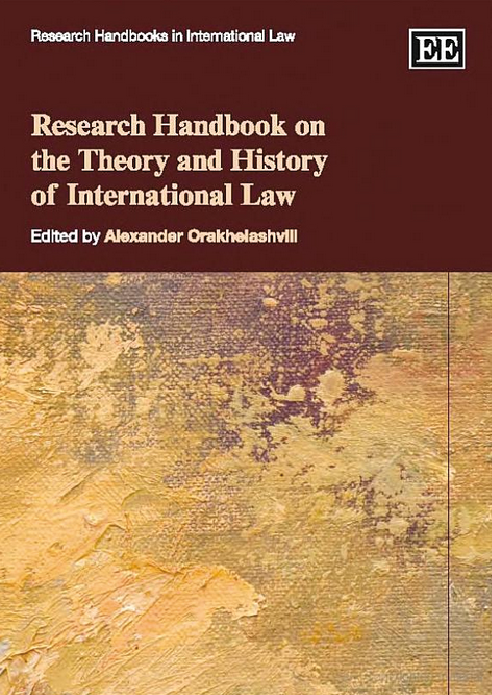Hi Aubrey,
Thanks for this.
Of of course, please do add my name if it helps!
Best wishes,
Paul
A Critique of this Research Handbook by Dr Paul Anderson
If effectiveness means ‘problem-solving’ then any assessment of IEL needs not only to identify problem-solving means (which the Handbook ably does) but also the nature of the problem itself, about which the Handbook is largely silent. Although justice cannot be done here to the meanings of GEC, understood as a term of art used to describe avoidable environmental problems which (i) arise cumulatively from economic practice, (ii) differ from earlier instances of induced change by virtue of their scale and (iii) affect the international community by affecting shared resources or by otherwise being so widespread or serious as to qualify as problems of common concern,11 two characteristics are immediately relevant to the exercise. First, since GEC involves the collective use of natural resources as a source of, and a sink for economic activity, at a rate greater than that at which resources themselves can be replenished, it is characterised as a ‘conflict of rates’. See Meyer A. The Case for Contraction and Convergence in Surviving Climate Change: The Struggle to Avert Global Catastrophe
Research Handbook on the Theory and History of International Law
C&C Campaigns
Why not Follow @aubreygci
Why not
Tweet
this?


